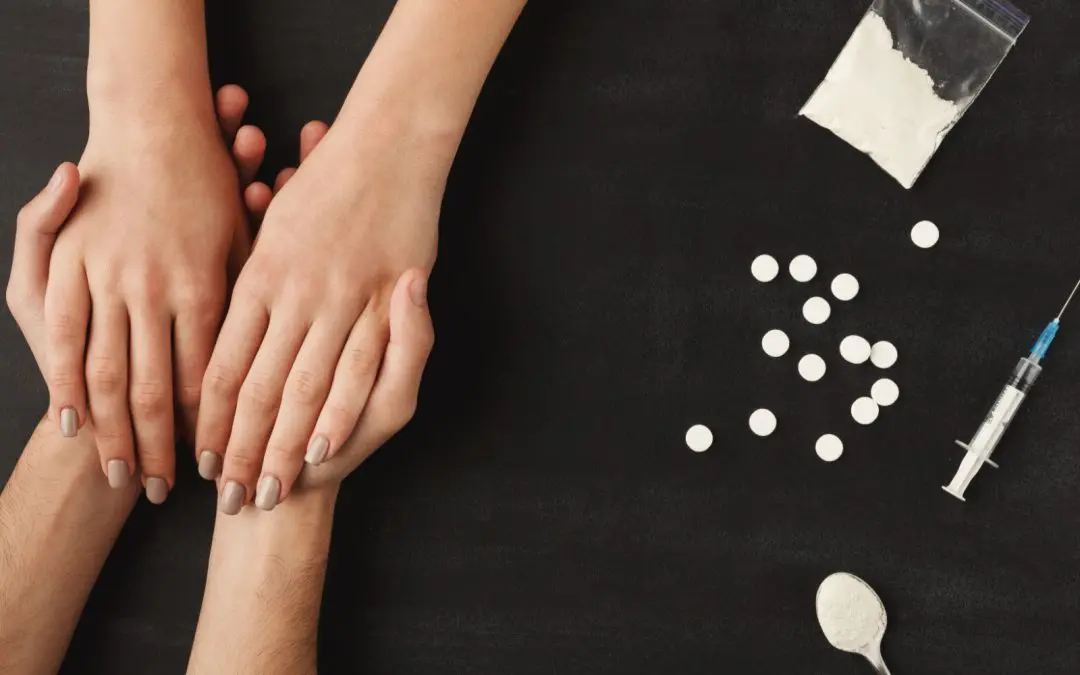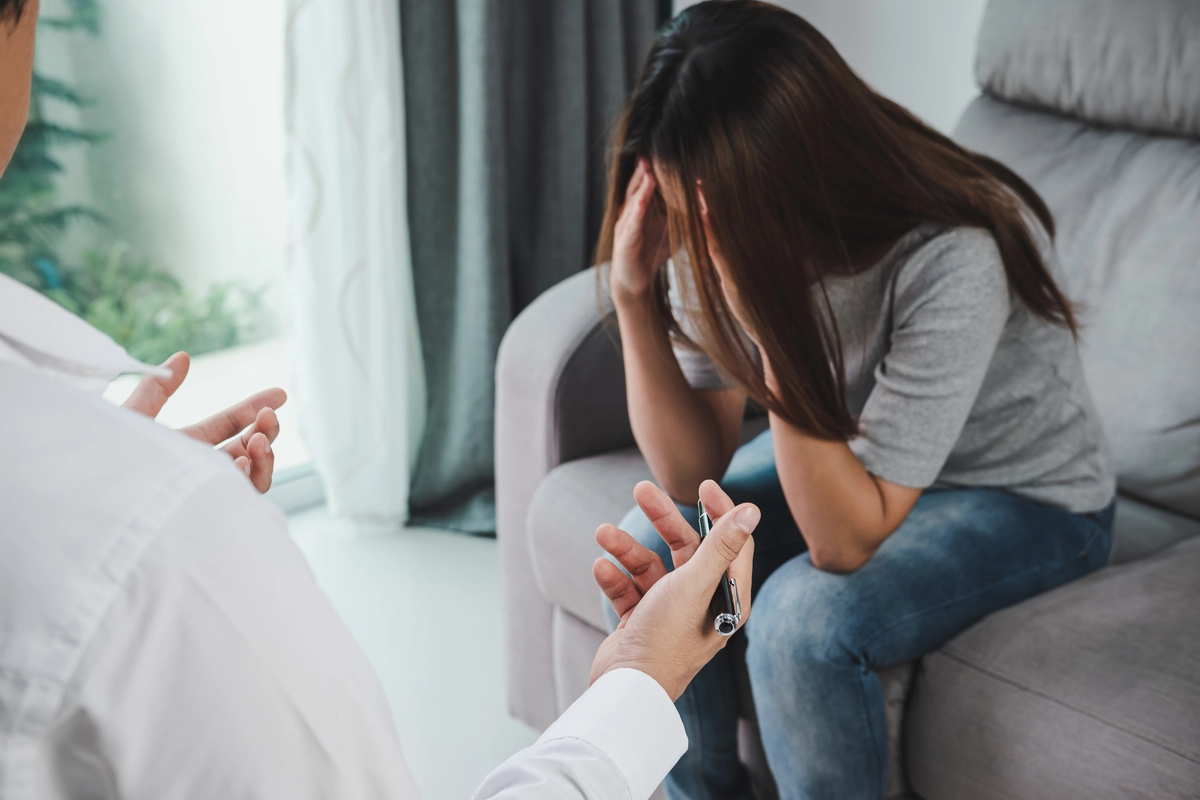24/7 Helpline:
(866) 899-221924/7 Helpline:
(866) 899-2219
Learn more about PTSD Treatment centers in Riderwood
PTSD Treatment in Other Cities

Other Insurance Options

Private insurance

Coventry Health Care

Cigna

Amerigroup

PHCS Network

AllWell

BlueCross

Medical Mutual of Ohio

Covered California

MHNNet Behavioral Health

BHS | Behavioral Health Systems

Magellan Health

Optum

Sutter

Providence

Sliding scale payment assistance

Anthem

Holman Group

Aetna

EmblemHealth
















